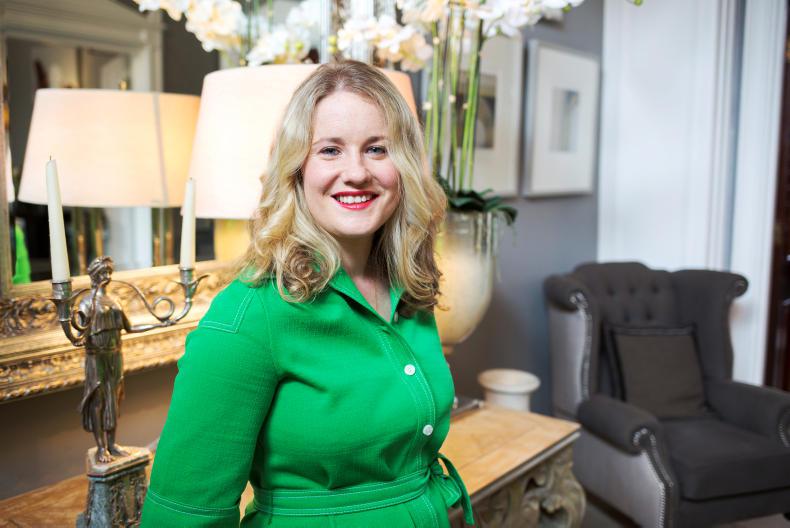On Sunday night, we sat down to fill in our Census form. But perhaps the most interesting part was the “time capsule”, where participants were invited to leave a message “for your descendants/future generations/historians”, which would remain strictly confidential until 2122.
Intrigued, I asked on social media what people were planning to write. For some, it was a vehicle to preserve precious traditions.
“I’m going to write about our family Christmas traditions and include the recipe for the Christmas cake passed down from my great granny,” responded Margaret.
For others, it was a means of reaching out to future generations.
“I will probably leave a note for my grandchildren or great-grandchildren on my hopes for them and also a note on what life is like for us now,” said Sinead.
Unsurprisingly, COVID-19 came up.
Meanwhile, others saw it as an opportunity to reflect on societal change
“I would say the impact COVID has had on our lives - at home, as a community, our intimate relationships, as colleagues etc. Also, how COVID changed the structure and tradition of an Irish funeral,” replied Irene.
Meanwhile, others saw it as an opportunity to reflect on societal change.
“We have decided to opt out of Roman Catholic instruction and sacraments (no communion for my daughter next year). I think I’m going to write a bit about our struggles with making the decision, the conversations and thoughts it has opened up for us,” wrote Deirdre.
But most of the replies I received were from parents who were using the time capsule to write about precious babies that they had lost.
I have written a lot about our son Danann, who was stillborn in 2019 after a prenatal diagnosis of Edwards’ Syndrome
If you know anything about me, that probably won’t surprise you. I have written a lot about our son Danann, who was stillborn in 2019 after a prenatal diagnosis of Edwards’ Syndrome, and have connected with many families on a similar journey.
What you might not be aware of is that currently, the Irish stillbirth register is not public, and can only be accessed by the parents of the child.
This is extremely painful for many bereaved parents
This effectively means that if future family members were to go researching our family tree, they would find no public official record of our son’s life.
Effectively, he would be written out of history. This is extremely painful for many bereaved parents, as from my perspective at least, it almost treats baby loss as something that should remain a secret.
Fortunately, organisations like Féileacáin have been advocating to have the register made public, with the provision of an opt-out clause for parents who wish to keep their loss private. Minister Heather Humphreys has previously indicated that she is open to considering a change in the legislation, and I believe the General Register Office is currently undertaking an examination of the current registration provisions.
Hopefully, it will not take until those time capsules are released in 2122 for this information to be made available; for our babies and future generations.






 This is a subscriber-only article
This is a subscriber-only article










SHARING OPTIONS: